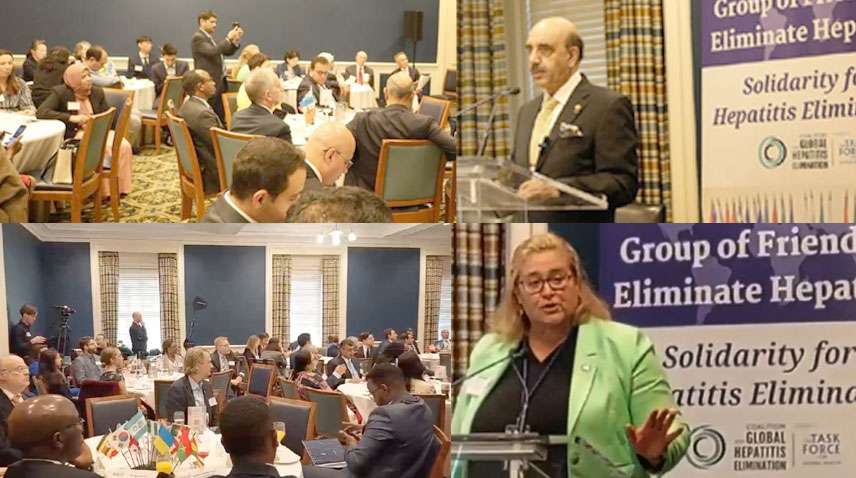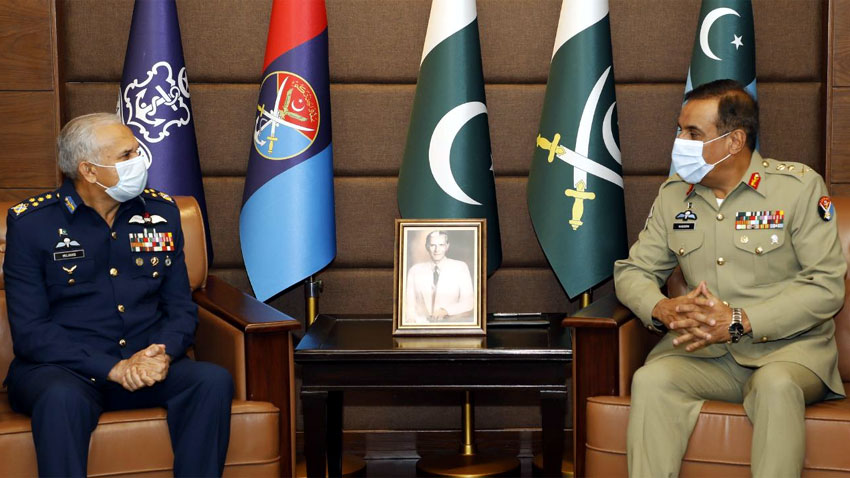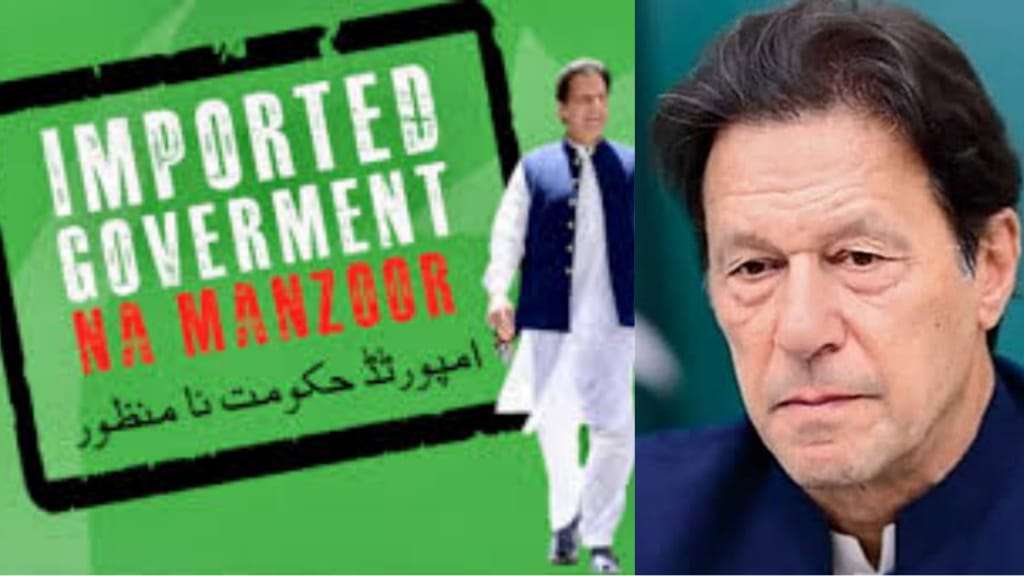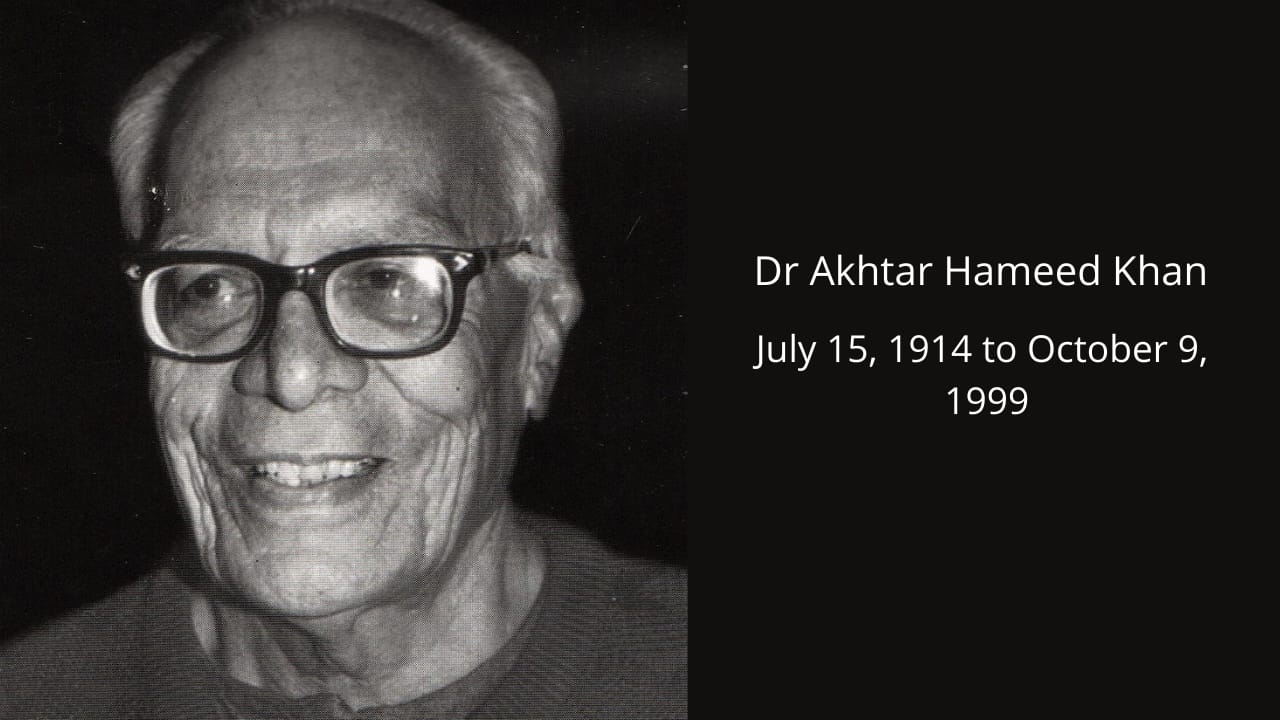Masood Khan, Pakistan’s ambassador to the US, said that Pakistan is committed to tackling the hepatitis problem and achieving the WHO’s global elimination targets by 2030.
According to the media reports, Ambassador Masood Khan said, while speaking on behalf of Pakistan at the Yale Club in New York during the Second Meeting of the United Nations Group of Friends to Eliminate Hepatitis, our priorities include updating the National Strategic Framework, improving surveillance, extending the hepatitis B birth dose vaccine, boosting HCV testing and treatment, and involving community-based organizations. He said the Group of Friends’ goals are precisely in line with UNGA 78’s overall theme, which centers on reestablishing global unity and creating trust in order to hasten the implementation of the 2030 Agenda and its Sustainable Development Goals.
Also read: Exercise Bright Star 2023 Egypt: PAF contingent returns homeland
Health Ministers, WHO officials, a number of ambassadors, and representatives from the member states were present at the meeting. Hepatitis B and C are thought to impact 12 million people in Pakistan, with 150,000 new cases being reported each year. These complex issues were brought on by risky blood transfusions, unclean dental procedures, and reused syringes.
The Ambassador thanked the Coalition for Global Hepatitis Elimination for the 2022 launch of the National Hepatitis Elimination Profile (N-HEP) Initiative and pointed out that Pakistan’s government had set an ambitious goal for the program, aiming to screen and treat millions of hepatitis-affected people by 2030.
Ambassador Masood Khan said that Pakistan deeply appreciates the pivotal role of international partners, particularly the Global Alliance for Vaccines and Immunization (GAVI) in the fight against hepatitis. Through the Corporate Coalition for Viral Hepatitis Elimination in Pakistan (CCHEP), a group of 12 top corporations, Pakistan has also forged alliances with the corporate sector. These partnerships, according to him, have enhanced our commitment to eradicating viral hepatitis by 2030. He continued by saying that Pakistan is dedicated to creating solid collaborations both at home and abroad to ensure the success of its hepatitis elimination initiatives.




